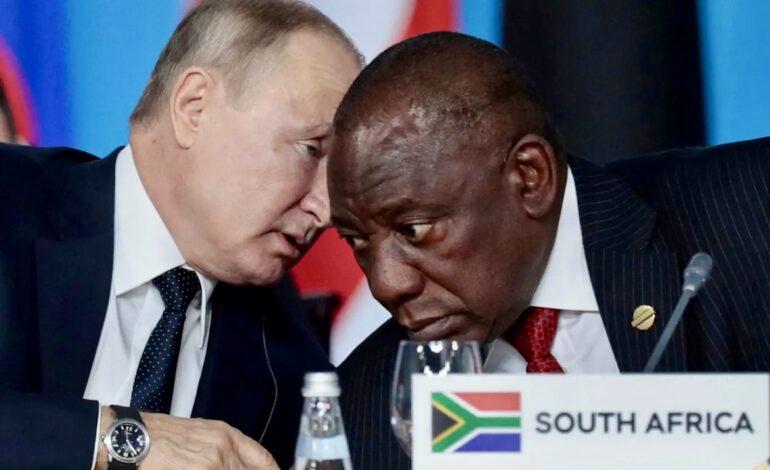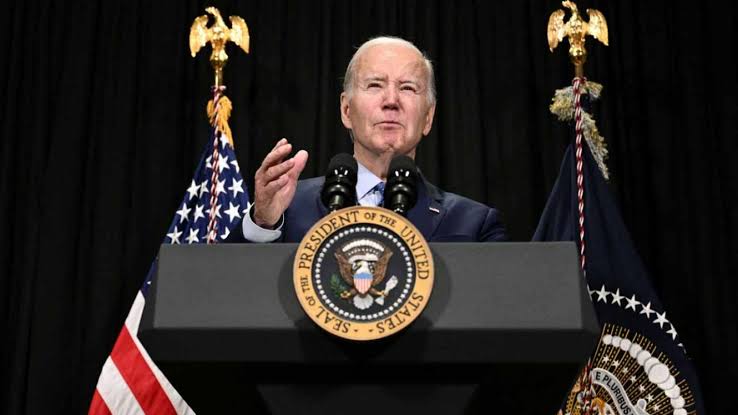
Faith Nyasuguta
BRICS, the alliance of emerging economies comprising Brazil, Russia, India, China, and South Africa, is making headlines for its persistent efforts to reduce reliance on the US dollar.
In a substantial move, Russia and South Africa, both BRICS members, have decided to abandon the US dollar in a significant $265 million oil deal. This marks a continuation of the alliance’s overarching de-dollarization strategy.
Gazprombank, a Russian bank under US sanctions, has been selected for the crucial gas refinery contract associated with this oil deal. While the specific currency involved in the agreement is not explicitly mentioned, the fact that Gazprombank operates under US sanctions strongly suggests the use of local currencies.
This aligns with the broader policy direction within BRICS, emphasizing the promotion and utilization of local currencies, especially in the face of challenges posed by sanctions against Russia.
BRICS has consistently made de-dollarization a focal point of its policies, reflecting a strategic response to geopolitical developments. Amidst sanctions on Russia following the invasion of Ukraine, these efforts have become increasingly crucial. The alliance is striving to create a more resilient financial infrastructure that is less dependent on the US dollar.
This move also comes at a time when BRICS is exploring potential collaboration with the European Union (EU). Talks of increased cooperation between BRICS and the EU have been initiated, posing what some analysts perceive as a “direct threat” to the traditional dominance of the US and the West.

South African representative Tokozile Xasa’s proposal to strengthen ties between BRICS and the EU is seen as a strategic maneuver that could challenge exploitative relationships that the West has historically maintained with developing countries.
Analysts believe that an enhanced partnership between BRICS and the EU could disrupt established power dynamics and diminish the West’s influence over weaker nations.
In addition to its strategic financial moves, BRICS has experienced significant growth in 2023. The alliance, during its Annual Summit in August, agreed on a six-country expansion plan, welcoming nations like Saudi Arabia and the United Arab Emirates (UAE) into its operations. This expansion reflects BRICS’s increasing influence and outreach on the global stage.
As BRICS continues its de-dollarization efforts and explores new partnerships, the geopolitical landscape is undergoing a transformative shift.
Analysts predict increased global participation from the alliance, signaling a potential challenge to the established dominance of the West. This strategic evolution positions BRICS as a key player in shaping the future of international relations and economic dynamics.
RELATED:




